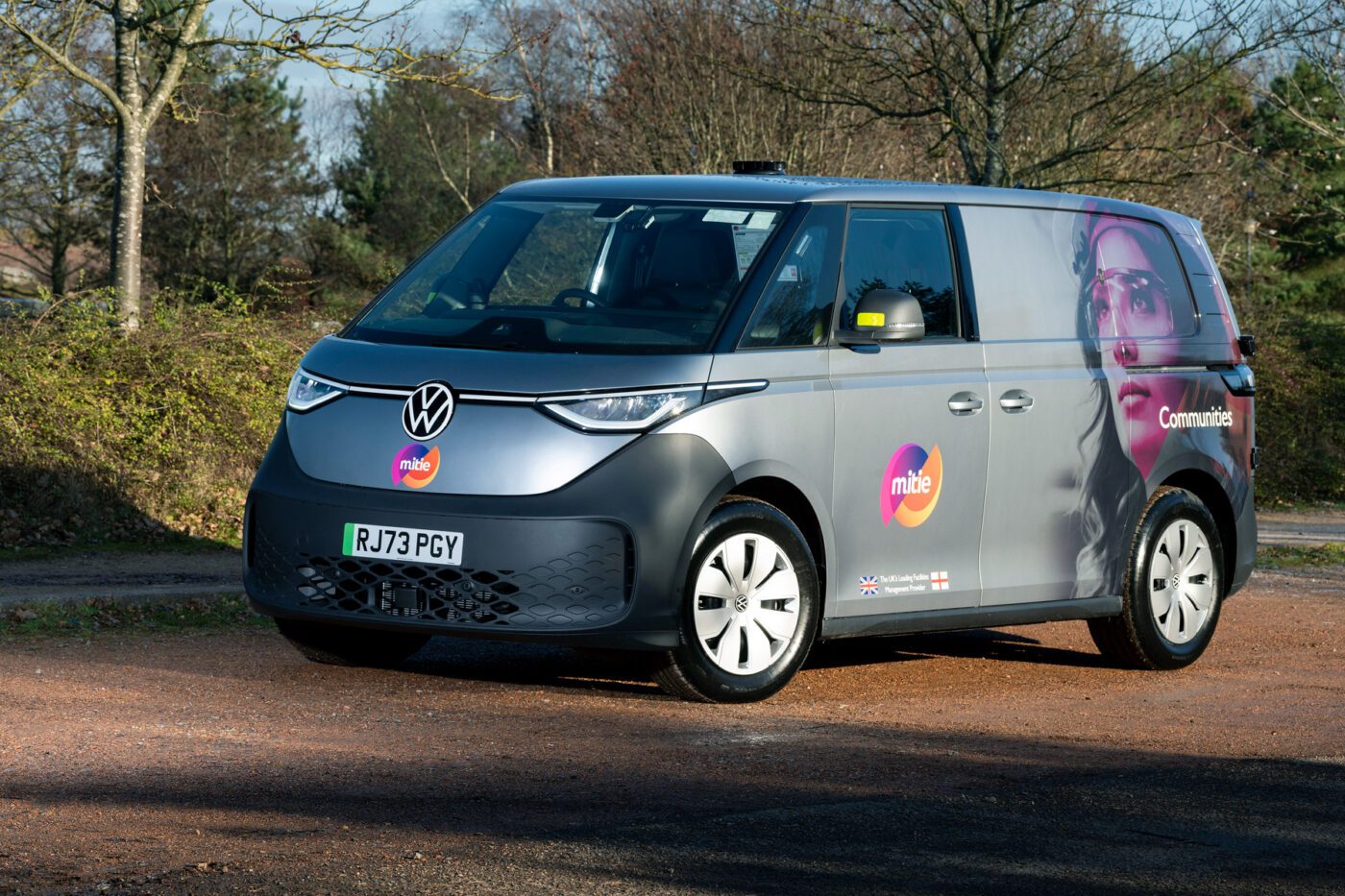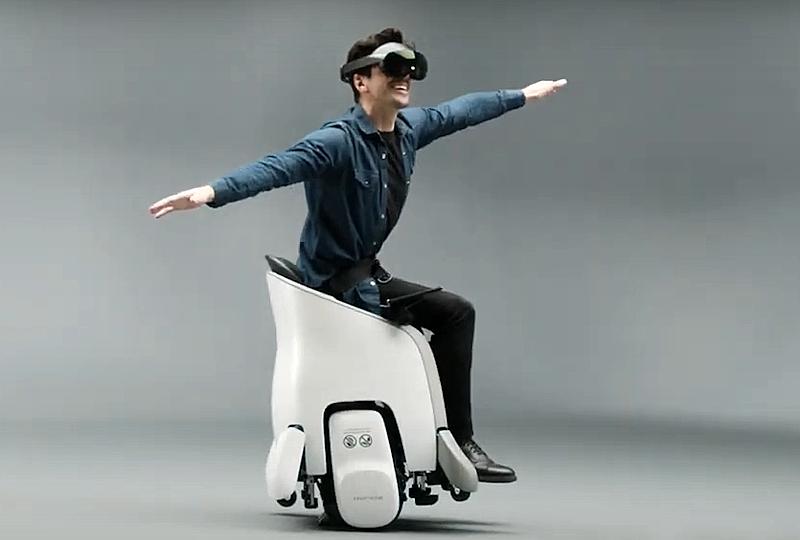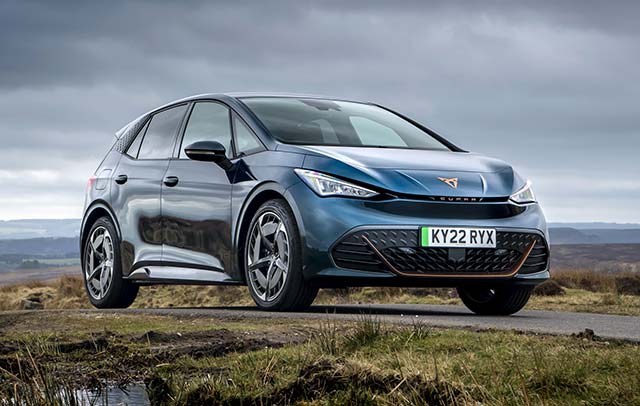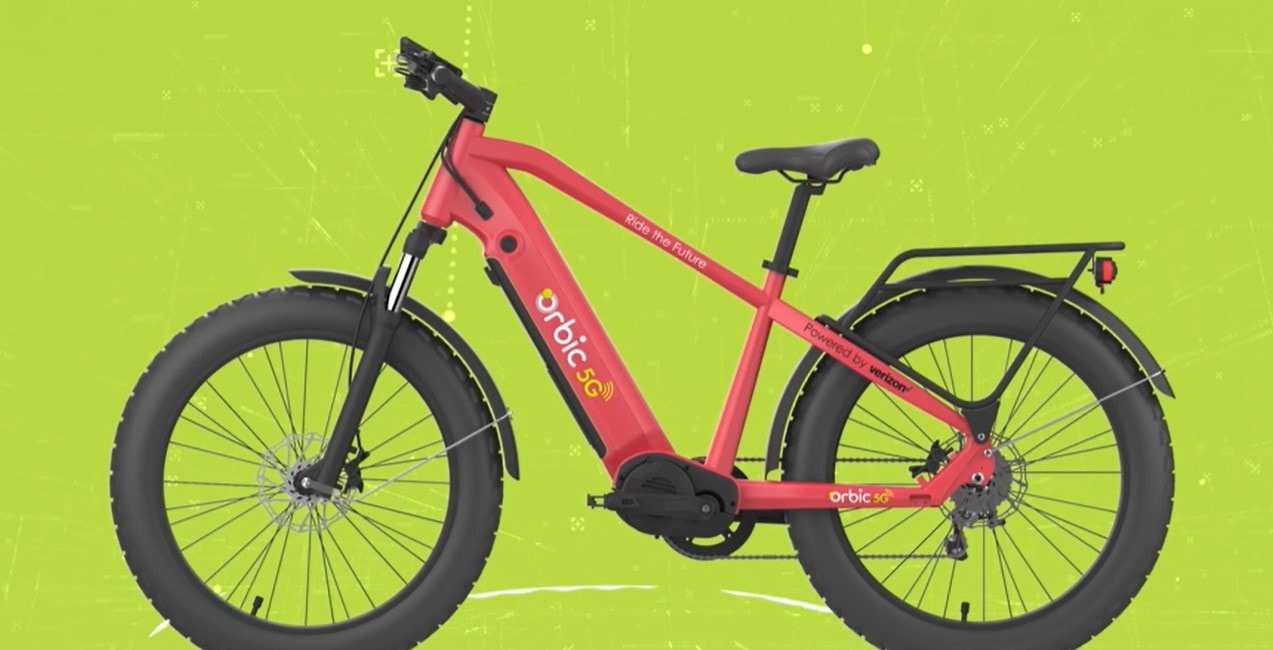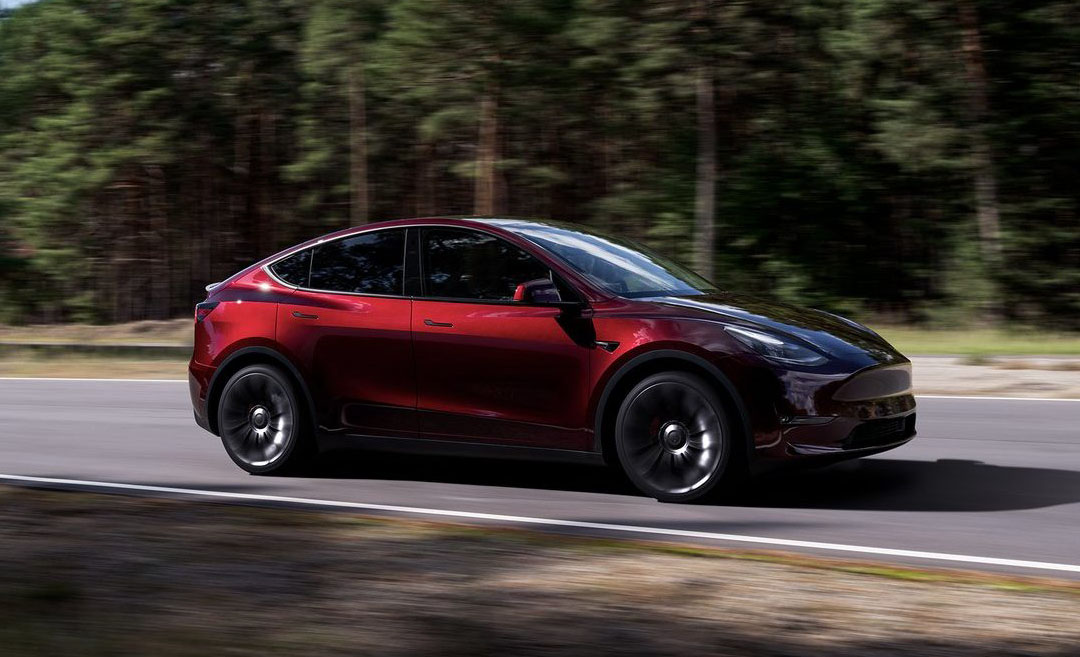Apple’s decision to terminate its electric vehicle program, known as “Project Titan,” has surprised many industry observers, but insiders suggest that the move was inevitable. Sources within the company reveal that Apple had limited interest in the automotive sector from the project’s inception.
In 2014, senior Apple engineers, fresh from their work on the company’s smartwatch, were eager for a new challenge in the burgeoning electric car and autonomous mobility space. This enthusiasm led to the creation of the “iCar.”
See also: Analyst Suggests Apple Pivot to EV Market with Rivian Acquisition After Apple Car Cancellation
However, according to reports from the New York Times, Apple CEO Tim Cook greenlit Project Titan primarily to retain engineers who were considering leaving for Tesla, rather than out of a genuine interest in the automotive industry. Despite the potential for profit, Apple executives’ lack of enthusiasm resulted in leadership changes, inconsistent goals, and shifting focuses, leading project members to dub it the “Titanic Disaster.”
From the start, the project faced hurdles, with team members realizing that the vehicle would likely cost at least $100,000, leading to slim profit margins, a departure from Apple’s usual business model. Additionally, they understood that they would be trailing behind Tesla. While Apple reportedly discussed acquiring Tesla, they ultimately decided to develop their own vehicle.
See also: Apple to Cancel Electric Vehicle Project, Disbanding Special Projects Group
Initially, project leader Steve Zadesky aimed to create a technologically advanced electric vehicle to compete with Tesla. However, Apple’s chief design officer, Jony Ive, envisioned a fully autonomous vehicle without a steering wheel, similar to Waymo’s concept.
Ive eventually designed a vehicle resembling a Fiat Multipla 600, controllable by Siri. In 2015, he presented Cook with a stationary demonstrator model, where screens simulated a drive through a city. When passing a restaurant, Ive asked Siri for information, and a voice actor responded.
After Zadesky left the project in 2016, his successor shifted the focus to autonomous software. Tesla’s Doug Field later took the helm, prioritizing autonomy and laying off 200 employees. In 2021, Kevin Lynch redirected the focus back to developing an electric vehicle.
See also: Apple CarPlay+ Makes Its Debut in the 2025 Porsche Taycan
Despite the cancellation of Project Titan, employees working on the project reportedly felt it was the right decision. They believe that Apple’s focus on AI will be more critical to its future.
However, not all was lost. Some of the technology developed for Project Titan will live on, with advancements in AI and automation being applied to other products like AirPods with cameras, robot assistants, and augmented reality.


